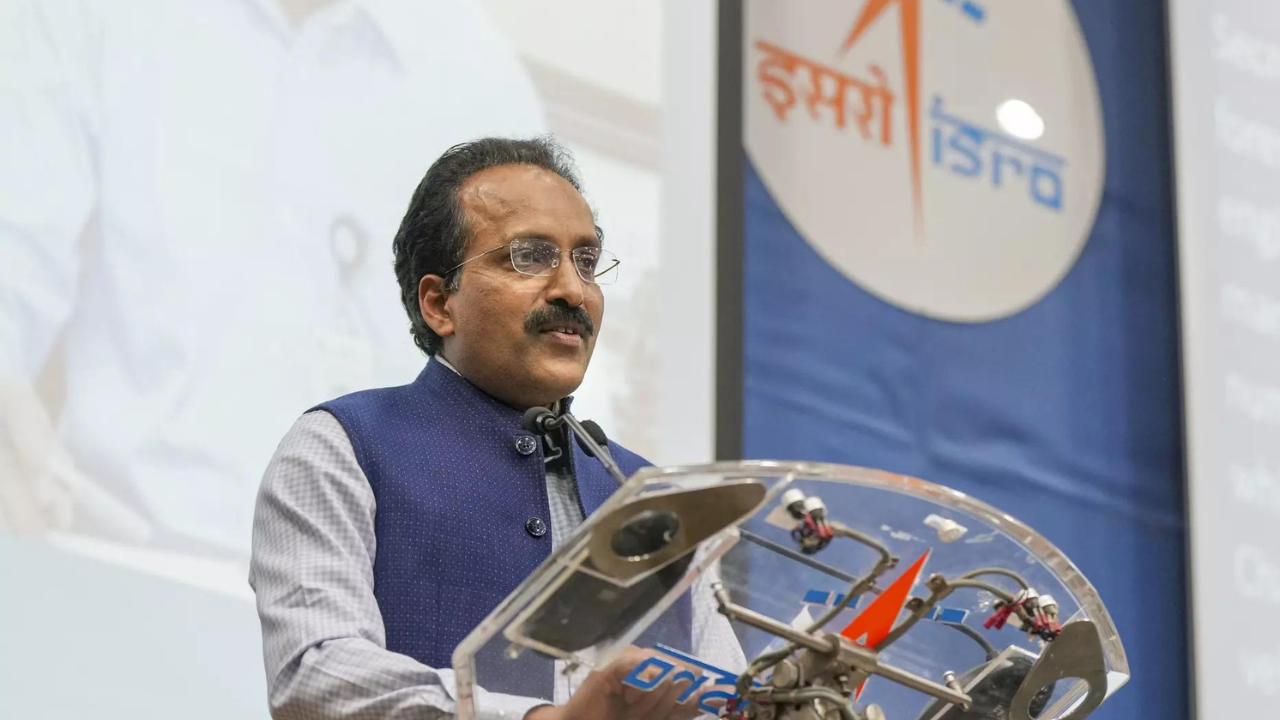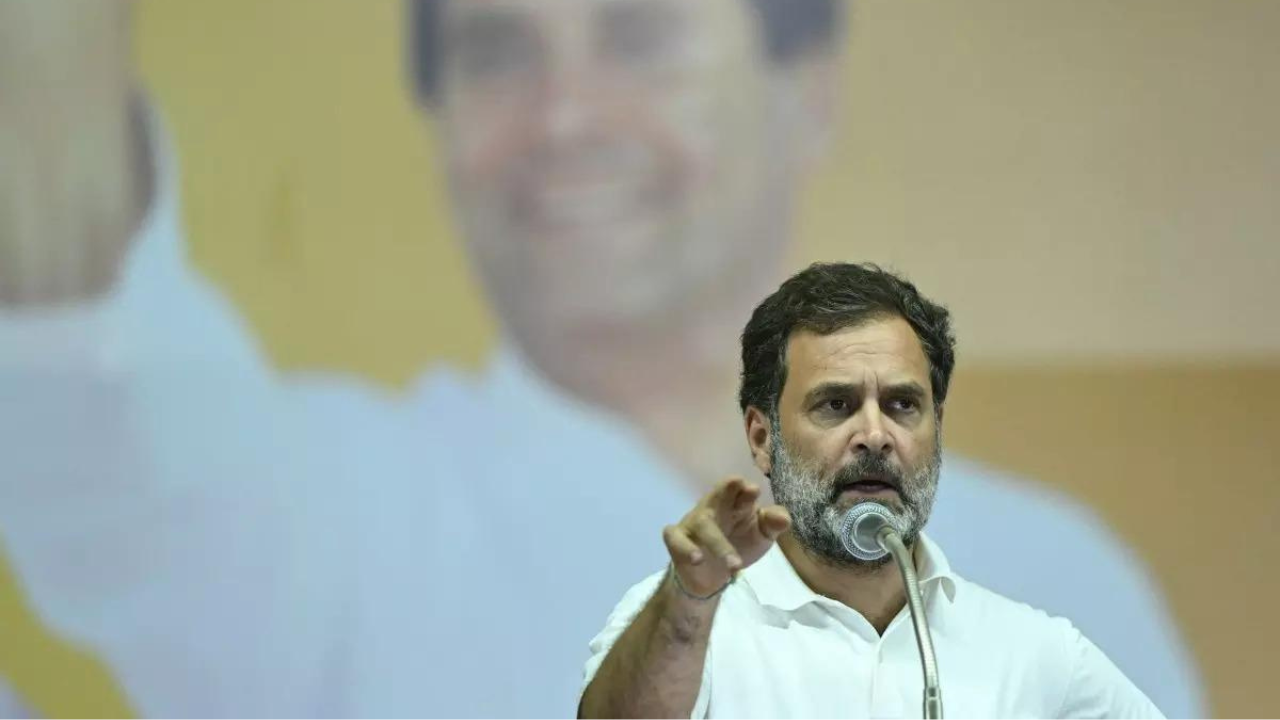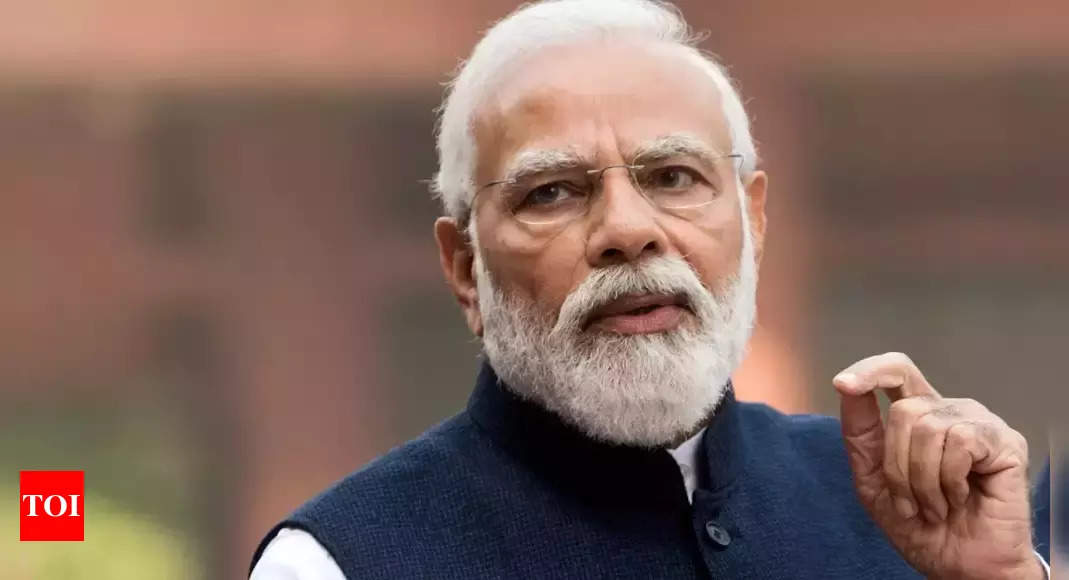Indian Society

Indian Society
2023
1. Explain why suicide among young women is increasing in Indian society.
2. Child cuddling is now being replaced by mobile phones. Discuss its impact on the socialization of children.
3. What are the main features of Vedic society and religion? Do you think some of the features are still prevailing in Indian society?
4. Does urbanization lead to more segregation and/or marginalization of the poor in Indian metropolises?
5. Why is caste identity in India both fluid and static?
6. Discuss the impact of post-liberal economy on ethnic identity and communalism.
2022
1. Explore and evaluate the impact of ‘Work From Home’ on family relationships.
2. How is the growth of Tier 2 Cities related to the rise of a new middle class with an emphasis on the culture of consumption?
3. Given the diversities among tribal communities in India, in which specific contexts should they be considered as a single category?
4. Analyse the salience of ‘sect’ in Indian society vis-a-vis caste, region and religion.
5. Are tolerance, assimilation and pluralism the key elements in the making of an Indian form of secularism? Justify your answer.
6. Elucidate the relationship between globalization and new technology in a world of scarce resources, with special reference to India.
2021
1. Examine the uniqueness of tribal knowledge systems when compared with mainstream knowledge and cultural systems.
2. Examine the role of ‘Gig Economy’ in the process of empowerment of women in India.
3. Discuss the main objectives of Population Education and point out the measures to achieve them in India in detail.
4. What is Cryptocurrency? How does it affect global society? Has it been affecting Indian society also?
5. How does Indian society maintain continuity in traditional social values? Enumerate the changes taking place in it.
2020
1. Has caste lost its relevance in understanding the multi-cultural Indian Society? Elaborate your answer with illustrations.
2. COVID-19 pandemic accelerated class inequalities and poverty in India. Comment.
3. Do you agree that regionalism in India appears to be a consequence of rising cultural assertiveness? Argue
4. Is diversity and pluralism in India under threat due to globalization? Justify your answer.
5. Customs and traditions suppress reason leading to obscurantism. Do you agree?
6. How have digital initiatives in India contributed to the functioning of the education system in the country? Elaborate your answer.
2018
1. “Caste system is assuming new identities and associational forms. Hence caste system cannot be eradicated in India.” Comment.
2. ‘Despite implementation of various programmes for eradication of poverty by the government in India, poverty is still existing’. Explain by giving reasons.
3. How the Indian concept of secularism is different from the western model of secularism? Discuss.
4. ‘Women’s movement in India has not addressed the issues of women of lower social strata.’ Substantiate your view.
5. ‘Globalization is generally said to promote cultural homogenization but due to this cultural specificities appear to be strengthened in the Indian Society.’ Elucidate.
6. ‘Communalism arises either due to power struggle or relative deprivation’. Argue by giving suitable illustrations.
2017
1. In the context of the diversity of India, can it be said that the regions form cultural units rather than the States? Give reasons with examples for your viewpoint.
2. What are the two major legal initiatives by the State since Independence addressing discrimination against Scheduled Tribes (STs)?
3. The spirit of tolerance and love is not only an interesting feature of Indian society from very early times, but it is also playing an important part at the present. Elaborate.
4. Distinguish between religiousness/religiosity and communalism giving one example of how the former has got transformed into the latter in independent India.
2016
1. To what extent globalisation has influenced the core of cultural diversity in India? Explain.
2. “An essential condition to eradicate poverty is to liberate the poor from the process of deprivation.” Substantiate this statement with suitable examples.
3. Why are the tribals in India referred to as ‘the Scheduled Tribes’? Indicate the major provisions enshrined in the Constitution of India for their upliftment.
4. What is the basis of regionalism? Is it that unequal distribution of benefits of development on basis eventually promotes regionalism? Substantiate your answer.
2015
1. Describe any four cultural elements of diversity in India and rate their relative significance in building a national identity.
2. Critically examine whether growing population is the cause of poverty OR poverty is the main cause of population increase in India.
3. How do you explain the statistics that show that the sex ratio in Tribes in India is more favourable to women than the sex ratio among Scheduled Castes?
4. Discuss the changes in the trends of labour migration within and outside India in the last four decades.
5. Discuss the positive and negative effects of globalization on women in India.
6. Debate the issue of whether and how contemporary movements for of Dalit identity work towards of caste.
2014
1. How does patriarchy impact the position of a working woman in India?
2. Why do some of the most prosperous regions of India have an adverse sex ratio for women? Give your arguments.
3. The life cycle of a joint family depends on economic factors rather than social values. Discuss.
4. Discuss the various economic and socio-cultural forces that are driving increasing feminization of agriculture in India.
5. How do the Indian debates on secularism differ from the debates in the West?
2013
1. Discuss the various social problems which originated out of the speedy process of urbanization in India.
2. “Male membership needs to be encouraged in order to make women’s organization free from gender bias.” Comment.
3. Critically examine the effect of globalization on the aged population in India.
4. Growing feeling of regionalism is an important factor in of demand for a separate State. Discuss.













